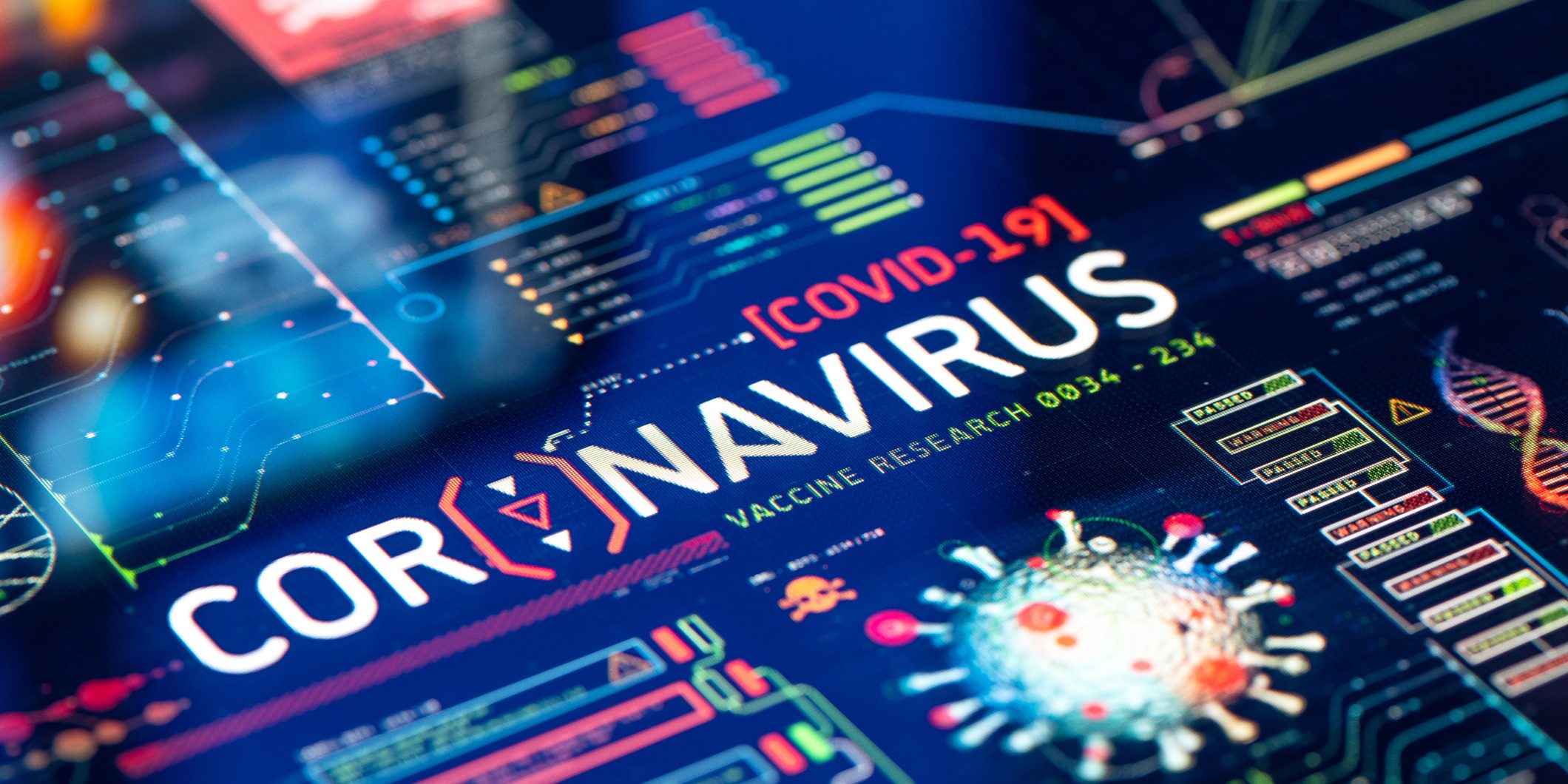As the COVID-19 virus spreads across the world and the number of cases growing in the U.S., there is a lot of hysteria and misinformation about how to protect yourself from this new virus strain.
More and more people are wearing surgical masks when they go outside, thinking it will protect them, and some people have stopped drinking Corona beer because the virus is a coronavirus. This has left plenty of people not sure what they can do to avoid catching it themselves. There are also obvious concerns about workplaces as the virus spreads some employees may be afraid to come to work.
You should consider talking to your staff about how to protect themselves and consider holding a meeting to go over the main points they should follow. To help, we’ve compiled best practices information from the Centers for Disease Control and the World Health Organization to provide you with unfiltered advice so you can protect yourself and your family:
What should I do to protect myself and others?
The most common way for this disease to spread is from a person touching a surface that has been infected through a sneeze or cough from a carrier. And then the person touches their eye, nose or mouth. That’s all it takes.
- Be mindful of what you touch all day. If you press elevator or ATM buttons, use a knuckle instead of a fingertip, while on escalators or stairs try to avoid touching the handrail.
- Avoid touching eyes, nose and mouth and if you have touched something in public, do not touch your face at any time until you have a chance to wash your hands or use hand sanitizer.
- When washing, wet your hands with clean water, lather soap on every surface, scrub your hands together for at least 20 seconds, and rinse before drying. Just how long is 20 seconds? Humming the “Happy Birthday” song from beginning to end twice.
- Clean “high-touch” surfaces (like doorknobs and counters) in your home every day with a solution or half rubbing alcohol and half water.
- Clean your mobile phone daily. Most people are touching their phones hundreds of times a day, making it ripe for harboring the coronavirus.
- Stay away from people you know you are sick and stay away from someone who is coughing or sneezing near you.
- Stay home when you are sick.
- If you cough, cover your mouth and nose with a tissue, then throw the tissue in the trash. If none is available, sneeze into your arm or cover it with your hands. Wash your hands as soon as possible after a sneeze.
- Clean and disinfect frequently touched objects and surfaces using a regular household cleaning spray or wipe.
Should I wear a mask to protect myself?
Health experts recommend against using a mask. Most people have been using simple surgical masks which do nothing to protect the wearer from airborne viruses expelled through an infected person’s coughs and sneezes. These types of masks are more designed to keep the wearer from spreading whatever they have.
There is one type of mask that is more suitable for protection: The N95 mask, which is named so because it can filter out 95% of airborne particles, but even these are not foolproof and must often be fitted properly to provide the desired protection. The CDC does not recommend wearing an N95 mask if you have not been trained in how to wear it.
Stockpile stuff for your home
Experts suggest stocking at least a 30-day supply of any needed prescriptions, and you should consider doing the same for household items like food staples, laundry detergent, and diapers, if you have small children.
Remember, alcohol is a good disinfectant for coronaviruses so make sure to keep surfaces in your home clean.
What if you get sick?
The WHO recommends that if you feel sick, you should stay home. If you have a fever, cough and difficulty breathing, seek medical attention and call in advance to let them know your symptoms and that you are coming. Follow the directions of your local health authority.


